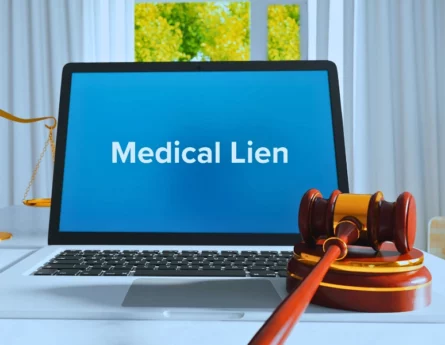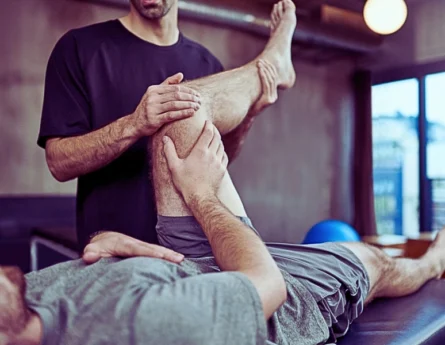As a chiropractor, your knowledge in musculoskeletal health makes you a valuable asset in personal injury cases. Whether it’s a car accident, slip and fall, or workplace injury, attorneys often rely on chiropractors to provide expert opinions on diagnosis, treatment, and the long-term impact of injuries. Serving as an expert witness is a professional opportunity that can expand your influence, enhance your credibility, and offer additional income. However, the role also requires a thorough understanding of legal procedures and expectations.

Understand the Role of an Expert Witness
An expert witness is not just a healthcare provider; you’re offering your professional opinion to assist the court in understanding technical or specialized aspects of the case. Your job isn’t to advocate for either party, but to provide unbiased, evidence-based testimony. The court relies on your ability to explain complex medical information in a clear, accessible way. This includes your evaluation of the patient’s condition, the cause of the injury, the appropriateness of care provided, and lasting impairments.
Build a Solid Foundation in Documentation
Before you can serve as an expert witness, ensure your clinical documentation is meticulous. Personal injury attorneys—and opposing counsel—will scrutinize your records. SOAP notes should be clear, comprehensive, and consistent. Objective findings, such as range-of-motion measurements, orthopedic test results, and imaging reviews, must be properly documented. Your treatment plans should reflect clinical necessity and progress, with a focus on measurable outcomes.
Gain Experience Through Collaboration
The best way to get started is by working with personal injury attorneys. You may begin as a treating provider, but over time, you can transition into the expert witness role. Let local personal injury attorneys know you are interested in offering expert opinions. Provide them with a summary of your qualifications, experience, and areas of expertise. If you’ve published papers, given lectures, or completed advanced certifications, include those as well.
Master the Art of the Expert Report
A well-written expert report is often the cornerstone of your testimony. This document summarizes your findings, the basis for your opinions, and your conclusions regarding the patient’s injuries. Use professional language, avoid jargon, and cite evidence wherever applicable. The report should clearly differentiate between facts and your professional opinions. Keep your tone neutral and objective.
Prepare for Depositions and Trial Testimony
If your case proceeds to litigation, you may be asked to give a deposition or testify in court. This is where preparation is key. Familiarize yourself with the case file, review your notes, and anticipate the types of questions you may face. Attorneys may challenge your opinions or try to discredit your testimony, so remain calm, confident, and professional. Focus on answering only the question asked, and avoid volunteering additional information.
Stay Within Your Scope of Practice
As a chiropractor, you must be careful not to opine on matters outside your training. For example, while you can speak authoritatively on spinal injuries, range-of-motion limitations, or chronic pain syndromes, you should not offer opinions on psychological trauma or internal organ injuries unless you have specialized training. Staying within your scope maintains your credibility and protects you from legal risk.
Serving as an expert witness in a personal injury case allows you to apply your clinical knowledge in new ways and contribute meaningfully to the justice system. With proper preparation, professionalism, and a commitment to ethical practice, you can become a respected voice in the courtroom—and a powerful advocate for patient care.




